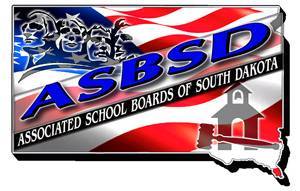Two bills tumbled out of favor of the education committees recently.
House Education committee members voted 11-4 to send Senate Bill 55, which protects the teaching of certain scientific information, to the 41st legislative day – essentially ending its run this session.
The bill would have allowed teachers to theorize in the classroom on the strengths and weaknesses of scientific topics that are beyond the scope of the curriculum adopted by the local school board and would face no repercussions for their actions.
“Something significant is changing,” ASBSD Executive Director Wade Pogany said. “I think it’s pretty clear this bill takes school boards out of the decision.”
Pogany went on to note that schools potentially would face “expensive litigation” through the concept introduced in the bill.
“You’re going to set our schools up for litigation,” Pogany said. “It will cost us money to do this.”
The argument by bill proponents that it was needed for the teachers was one not bought by most committee members.
“Teachers can do this already,” Rep. Thomas Holmes said. “Senate Bill 55, while well intentioned, is simply not necessary.”
A majority of Senate Education committee members deemed House Bill 1133, which requires a school district to adopt a policy to provide for students with specific learning disabilities, including dyslexia, unnecessary.
On a 5-2 vote, committee members defeated the bill that was proposed to work in tandem with the South Dakota Department of Education’s proposed five year plan to support struggling readers, including students with dyslexia.
Not all were convinced the first piece was needed to form the partnership.
“Right now, our school districts are working on this,” South Dakota United School Association Lobbyist Mitch Richter said. “Let’s let the plan work; let’s not dictate to schools what they have to do.”
Ultimately, the committee sided with the argument. ASBSD was monitoring the bill.
